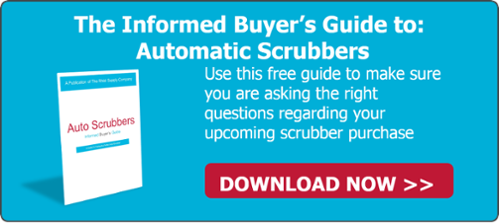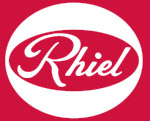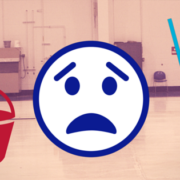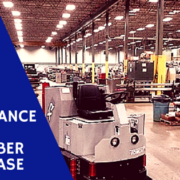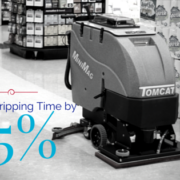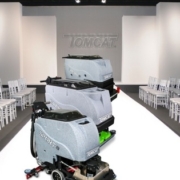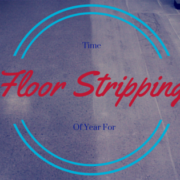Do You Have Dirty Sticky Floors?
This is a problem I run into very frequently and I hear a lot of concern on how to prevent this from happening. As it turns out there are a lot reasons why your floor can have a sticky/dirty appearance and the remedy is almost always the same. Routine Maintenance.
When using a mop to clean a floor you wet the mop in a bucket, wring it out, mop the floor and then put it back in the bucket. The mop is immediately contaminated with dirty water and you use that dirty water to mop the next section of the floor. The floor gets dirtier, and the sticky adheres to the dirt. You then start to notice a film of dirt on the floor and wonder why the floor is dirty since it is being mopped every day. In reality, much of the dirt is never being removed.
I am a huge believer in using automatic cleaning equipment when cleaning a floor. Here’s why. When you use an automatic floor scrubber to clean your floors you are applying clean, fresh water to the floor, aggressively scrubbing the floor and quickly removing the dirt, the residue and the sticky. This leaves a clean, dry floor immediately. Scrubbers come in a variety of shapes and sizes but they always do a better job than mopping.
Depending on your facility and your conditions there may be a number of reasons why the floors are sticky or dirty even if you have a routine cleaning program.
If you have a kitchen in the area, grease can be tracked on to the floor. Grease causes the acrylic to soften and become sticky and the grease can be hazardous itself if it is not removed.
Entry ways can have tracked in tar from a parking lot affecting the floor finish, causing it to become sticky/dirty and creating a dull effect.
If you are using a quaternary disinfectant the active ingredient in the quat can leave a build-up over time. Mopping will not remove this. The quaternary build-up can cause a browning or yellowing that can stain the finish and even the tile.
Restrooms that are not subject to routine maintenance can cause staining and discoloration from foot traffic leaving the restroom.
Too much chemical being used to clean the floor can also cause a build-up to occur. Always use cleaning chemicals by the recommendations on the label. If a little is good, a lot is not better.
The wrong chemical is being used. All cleaners are not created equal. Make sure you are using a cleaning chemical that is designed to clean your particular floor surface without adversely affecting the floor, the finish or the coating.
What’s the solution?
Scrub the floor with an automatic scrubber as often as you can. Use the recommended dilution of whatever chemical you need. Too high a concentration will leave a film. Use enough chemical to remove all the contaminants from the floor surface but not so much that you leave residue. Put a clean water rinse into floor cleaning routine every now and then. It’s amazing what flooding the floor and scrubbing with clean, fresh water can do to remove any excess residue and restore the clean look again.
